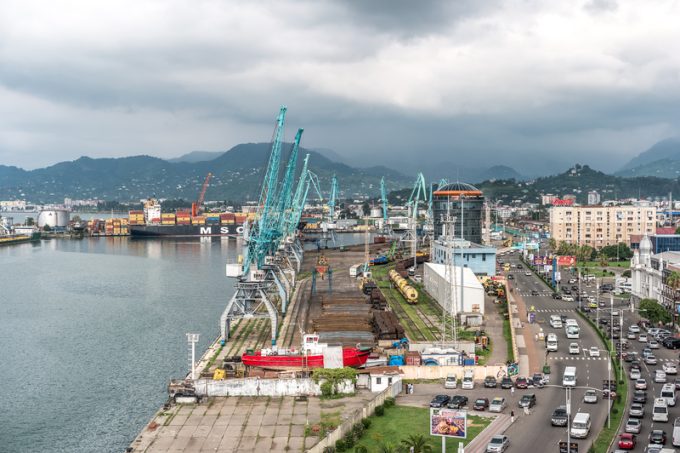EU shippers fear for business as their boxes stack up in Russia
While trade sanctions against Russia following its invasion of Ukraine in 2022 have been well-documented, ...

Georgia
Georgian container terminals at Poti and Batumi, situated on the east coast of the Black Sea, showed remarkable results for 2023.
The market has shown particularly active growth since the beginning of the Russian war on Ukraine. According to Informall BG data, prior to the Russian invasion in February 2022, Georgia’s container market experienced a decline between 2020 and 2022. However, since the beginning of the war, container turnover in the port of Poti began rapidly growing, reaching a little over ...
Volcanic disruption at Anchorage could hit transpacific airfreight operations
Macron calls for ‘suspension’ – CMA CGM's $20bn US investment in doubt
Forwarders stay cool as US 'liberation day' tariffs threaten 'global trade war'
Shippers snap up airfreight capacity to US ahead of tariff deadline
De minimis exemption on shipments from China to the US will end in May
Tighter EU import requirements proving 'a challenge' for forwarders
Looming Trump tariffs will create 'a bureaucratic monster' for Customs

Comment on this article